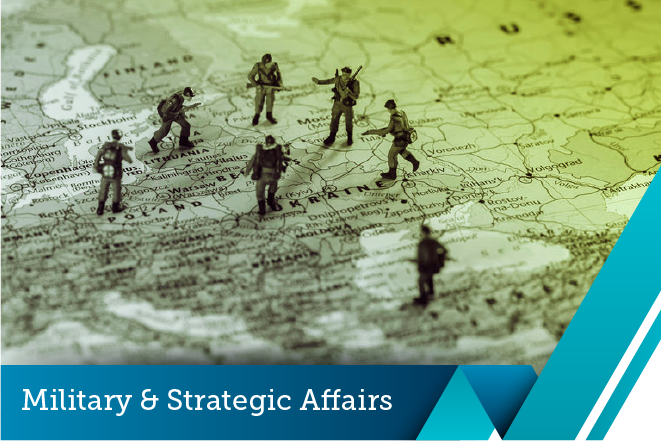Publications
Military and Strategic Affairs, Volume 6, No. 2, August 2014

Despite UN peacekeeping forces’ extensive activity in several conflict areas around the world, its abilities and effectiveness are limited. Furthermore, there is a lack of agreement and clarity regarding its legal and political aspects. The Israeli-Arab conflict has been the primary testing grounds in terms of developing the notion of peacekeeping during the Cold War, and stationing forces along and beyond Israel’s borders has served as means of “preventive diplomacy.” The end of the Cold War provided impetus for a number of peacekeeping initiatives and programs, though when faced with political realism and violent conflicts they did not prevail. Attempts to transform the troops into an intervening mechanism and type of defensive shield, using UAVs and other new technologies, are limited and indicative of the lack of agreement over the nature of the world order and the meaning of the collective security notion.
The opinions expressed in INSS publications are the authors’ alone.
Publication Series Military and Strategic Affairs
TopicsUnited Nations


